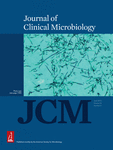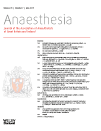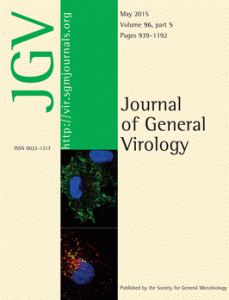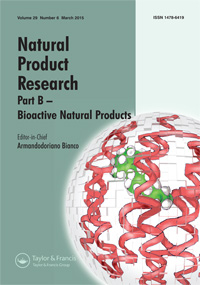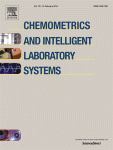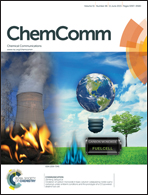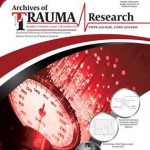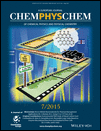 The Journal of Advanced Nursing has retracted a 2006 paper by a group of authors in Hong Kong who lifted much of the text from a previous article of theirs in a competing publication.
The Journal of Advanced Nursing has retracted a 2006 paper by a group of authors in Hong Kong who lifted much of the text from a previous article of theirs in a competing publication.
The article, “Osteoporosis prevention education programme for women,” came from Moon Fai Chan and C.Y. Ko in the School of Nursing at the Hong Kong Polytechnic University. Per the abstract:
Continue reading “Major overlap” forces retraction of osteoporosis paper
